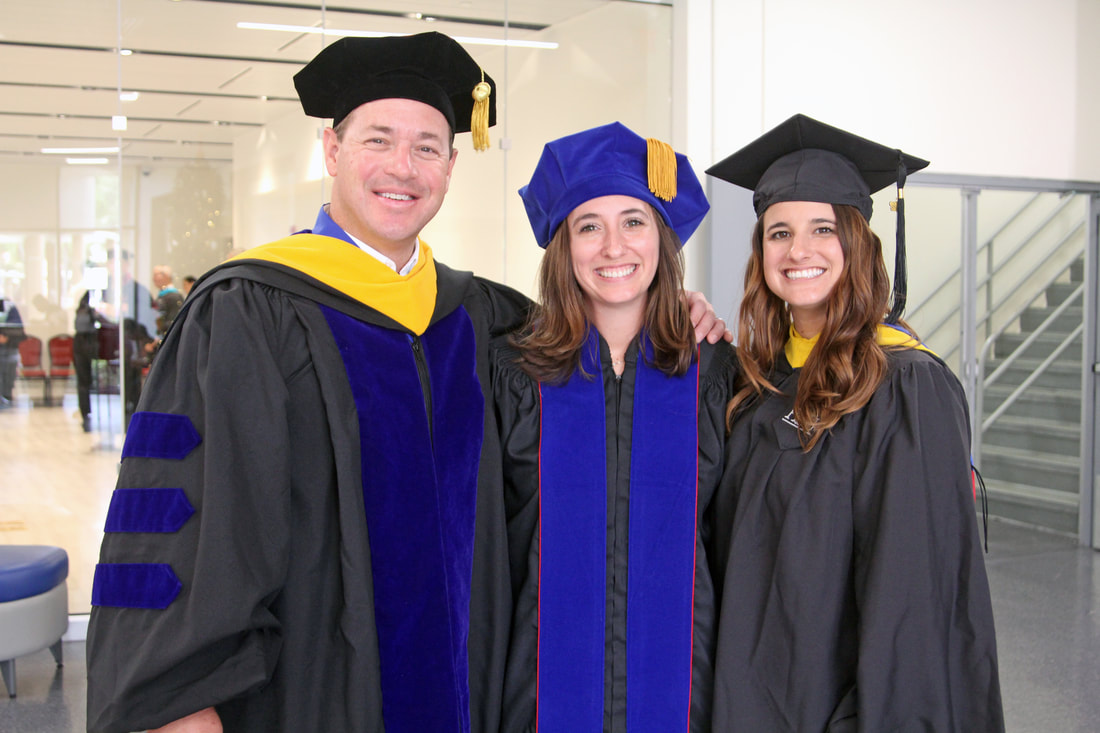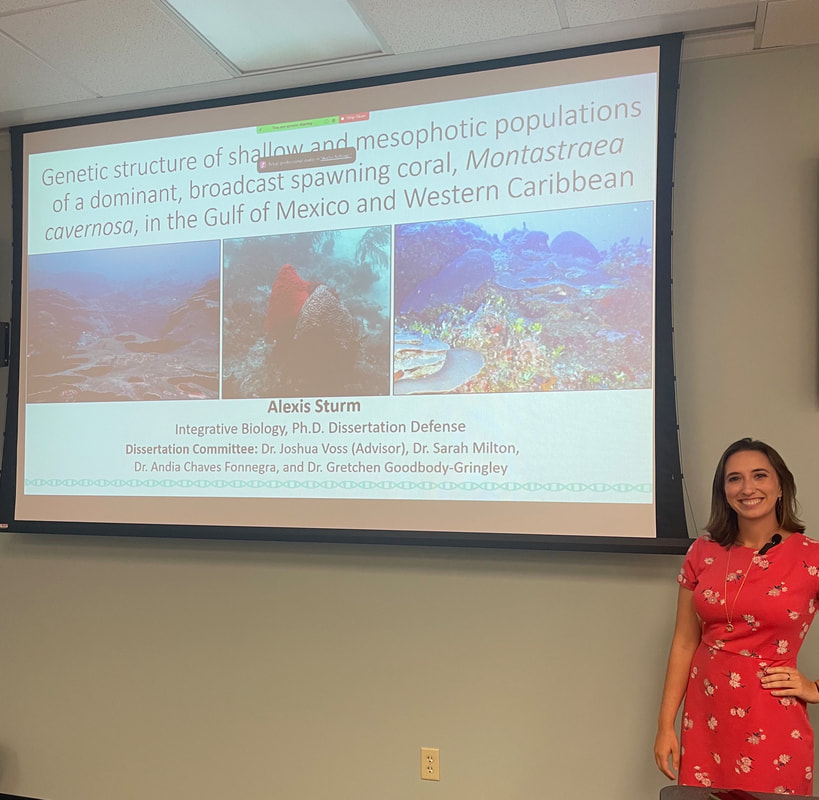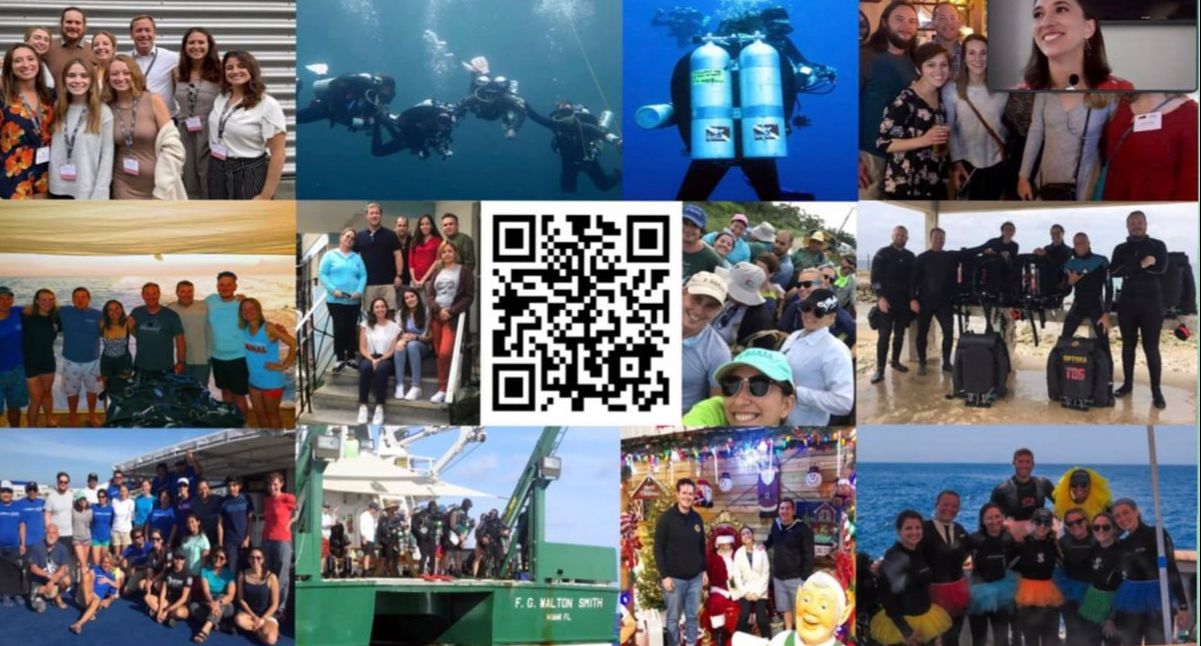During the May 2024 cruise aboard the NOAA ship Nancy Foster, we worked alongside the fantastic ship crew and our colleagues from NOAA (Chief Scientist Chris Gardner, Dave Witting, Scott Mau, Amanda Bird, Michael Kent, Caroline Jahn), Moody Gardens (Jake Emmert and Chris Ledford), and URI (Carlos Prada and Sophia Melville), and dive medical officer Greg Barefoot. Together we were able to prioritize scientific tasks, optimize our operational success, and ensure stringent safety protocols throughout the eight-day expedition. Key accomplishments from this mission include the successful collection of octocoral and stony coral samples for population genetics, reproductive analyses, and ex situ husbandry, documenting growth on previously deployed settlement and octocoral propagation racks, and detailed mapping of the benthic habitats.
This tech diving cruise represents a crucial milestone in this multifaceted, multi-year project aimed at advancing scientific knowledge and conservation strategies to restore and preserve mesophotic coral ecosystems in the Gulf of Mexico. We look forward to continued collaboration and more successful cruises with this fantastic team!





 RSS Feed
RSS Feed
